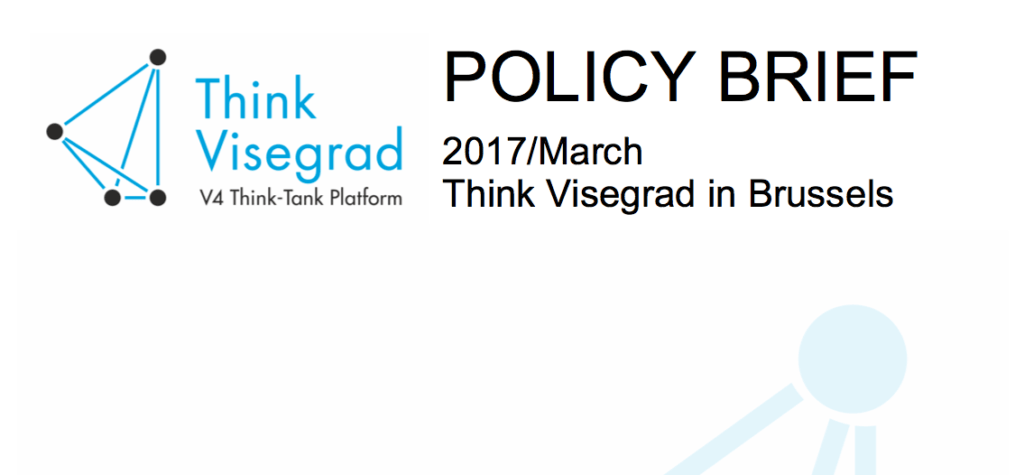The Changing Balance of Power in the EU after the British Referendum – V4 Capacities and Opportunities

Zsuzsanna Csornai vypracovala v rámci projektu Think Visegrad analýzu rozložení sil v rámci Evropské unie mezi členskými státy. Studie v rámci analýzy konceptů rozdělení kapacity moci a vyjednávací síly vychází z teorie realismu.
The main aim of this study is to analyze the balance of power within the European Union among Member States both in terms of capacities from the realist point of view1 and in terms of bargaining power in EU institutions.2 This study intends to explore whether any member state or coalition could replace the UK within the EU and carry its liberal, market-oriented agenda, and examines if a certain political agenda could be favoured with the planned exit of the UK.
The policy brief applies the balance of power and integration theories in order to define reference points for research.
The United Kingdom is a decisive and leading power within the European Union: it has the third biggest population, the second largest GDP after Germany and is the largest military spender in absolute terms. With this significant Member State of the EU leaving, Brexit could entail direct changes in the medium term, as the negotiation process with the UK follows its course and the contours of the UK’s relationship with the EU are defined.3 This policy brief is based on the current circumstances and assesses probable and possible changes in the balance of power between, the member states, and takes into consideration the advocacy opportunities for the V4.
As a change of the Lisbon Treaty is not on the agenda, this policy brief will analyze the political changes and circumstances rather than legal ones. The policy brief will analyze the voting system and coalition-forming behaviors, with an intent focus on the EMU, Internal Market and CSFP realms. While studying the changing balance of power in the EU as a whole, this policy brief will examine the advocacy role and capacities of Visegrad countries (the Czech Republic, Hungary, Poland and Slovakia) in these changing circumstances.
The balance of power theory is a realist theory, which does not take into account the features of institutionalization in the classical way, but that provides an interesting framework for examining policy development considering the changing parity among the Member States of the European Union.
Celý text si můžete v angličtině přečíst kliknutím na tlačítko PDF napravo vedle tohoto článku.





